|
When the Google manifesto grabbed headlines last week, several women in Philly tech went in on the doc and Google’s accountability.
Yasmine Mustafa, cofounder of ROAR for Good, had an additional thought: is there a way to connect with local companies who want to demonstrate that they care about these issues? She of course already had the answer — Athena. As announced by our sister site, ROAR recently started shipping the Athena, its wearable personal safety device. To help celebrate, the social enterprise partnered with Houwzer, the real estate platform founded by Benjamin’s Desk cofounder Mike Maher to provide Athena devices to its agents. Given the safety concerns surrounding real estate agents, the partnership was a no-brainer for both Maher and Mustafa. “The sense of awareness is higher among real estate agents because most of them are women,” Mustafa explained. “Most of them are meeting a stranger for the very first time in a secluded area, in an empty house.” While thankfully none of the Houwzer agents have reported safety incidents, Maher told Technical.ly that he saw this opportunity as a great way to be proactive. “Athena will help Houwzer provide a support network for our agents, even when we can’t be there physically,” he said. “Athena is another layer of protection that shows our employees they are valued.” It’s a sentiment that also seems to be shared by the agents themselves. We reached out to a pair of Houwzer agents, Allison Dubovsky and Scott Hicks, and both seemed quite pleased with the device’s utility.
0 Comments
Since we last visited him, Justin Siebel has pushed forward with his design company, Exit Velocity Design. Now he and Ashley Hudrick have started a new venture that takes a deadlier turn.
Siebel and Hudrick will set up shop in Siebel’s space in the Bok Building, the former South Philly school that’s being converted into a massive hub for artists and makers, for a series of three-day courses on different techniques in special effects (SFX) makeup. Day one focuses on demonstrations, while the remaining two days see participants paired up and testing out their newfound skills and techniques on each other. They catered to the “at-home” artist, and amateurs to professionals are all welcome. “I don’t believe in natural talent,” Siebel confidently told Technical.ly. For Siebel, it’s crucial that artists understand exactly what they’re putting their models through to improve their form. During his Philly Tech Week town hall last month, Mayor Jim Kenney pitched his idea for tackling diversity through a proposed event called the North Star Conference. There aren’t many details available yet, but Kenney wants the focus to be on technologists of color.
There’s certainly a lot of potential and reason for optimism about the North Star Conference, which Kenney says is a reference to Frederick Douglass and his anti-slavery newspaper, but if the mayor wants to be successful in bringing this vision to fruition and diversifying the Philly tech community, we must start getting real about the mechanics of creating diversity. Transforming the makeup of the tech scene means meeting future technologists before they enter their first coding class. And when reaching out to minority youth, we must meet the kids on their turf. In the Black community in particular, that means churches, basketball courts and even hair salons and barbershops. However, in meeting youth in these spaces, there should be an acute understanding that a lot of them can’t see the direct or revolutionary connections between technology and their lives. Their dreams may center on being the next Jay Z, helping the 76erstop more than just Twitter rankings, or simply owning their own hair salon. And for Jumoke Dada, founder of Tech Women Network, the latter is very much a tangible part of reality. When speaking at a NExT Philadelphia event, Dada noted that many of the girls she worked with through her nonprofit aspire to run their own salons. While Dada supports their entrepreneurial spirit, she still pushes her girls further. “Can you build an app that the hair dressers can use to book their system, to get me out faster?” Dada suggested during the panel. It’s not enough to identify and rally around the young rising stars in our communities, we must also “want to handhold [them].”
That’s what technologist Jumoke Dada said at Leading into the NExT Century, a leadership conference hosted by NExT Philadelphia, the Urban League’s network of young professionals. By “handhold,” Dada and her fellow panelists — women from the finance and healthcare industries — emphasized the importance of taking a personal touch with young people. It’s a sentiment that resonated deeply with attendee Zarifa Roberson, who believes in the importance of supplying young people with the opportunity to “see life outside of Philadelphia because so many don’t get [that] chance.” Hosted last Saturday, Leading into the NExT Century focused on equipping young Philadelphian professionals with vital leadership skills for their careers and highlighting industry growth in several key sectors in the city. To better understand the future of business trades for young African Americans in the area, NExT hosted an industry specific panel that featured Dada, cofounder of Project ALOE and founder of Tech Women Network; Dixieanne James, VP of strategic planning and business development for Albert Einstein Healthcare Network and Jasmine Richards, lead international equity analyst at FIS Group. Next Tuesday Drexel’s ExCITe Center will feature a poignant discussion about how we need to be more innovative about tackling education inequality in a talk led by guest speaker Leah Buechley. When Buechley was younger she saw a deep divide between arts and sciences. She is now a designer, engineer and educator and is known for inventing whimsical pieces of technology, like the LilyPad Arduino toolkit. Initially, she concentrated on sharing her creations with young people outside of school hours in order to show how art can be used to expand technology beyond our imagination.
However, as her own child approaches school age, Buechley has become more introspective about the gap between technology and learning innovations and the various issues within our education system. She’s especially invested in confronting how diversity and inequality in our education system impacts young students and progressive methods that we can use to tackle these issues. |
Archives
September 2017
Categories
All
|
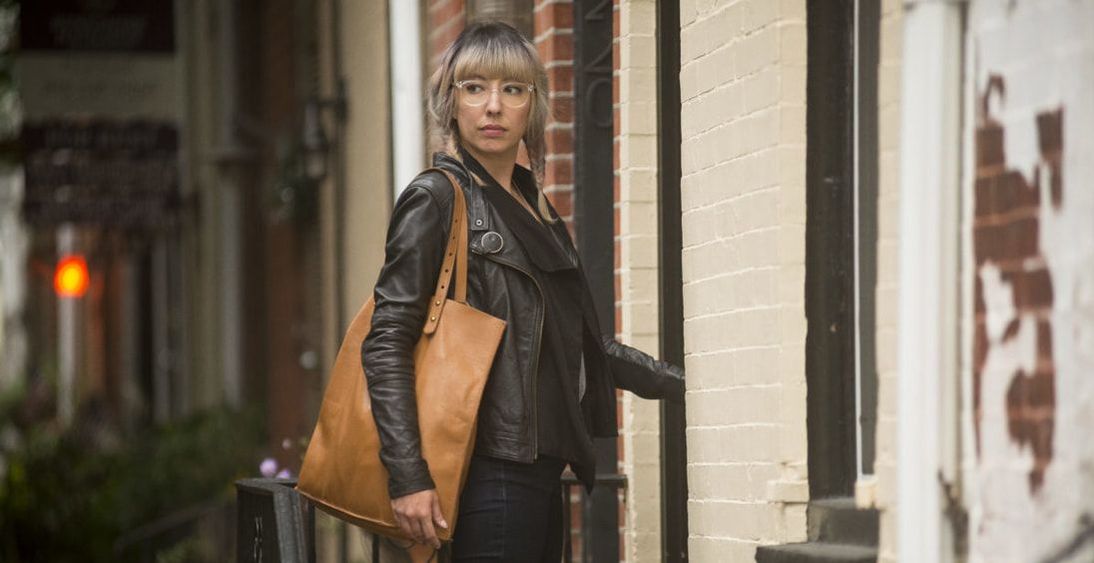
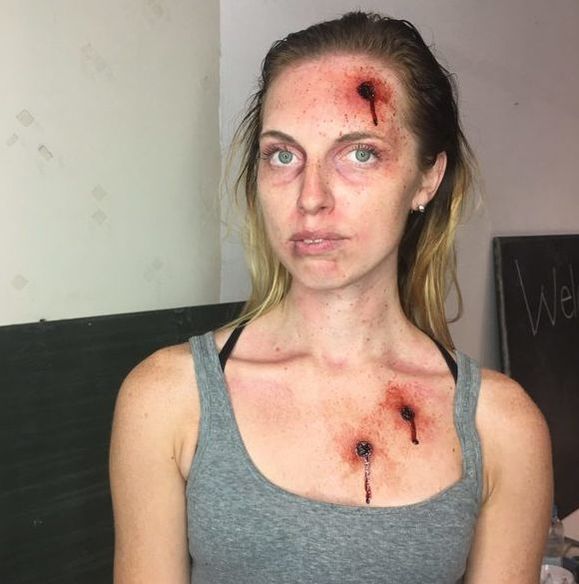
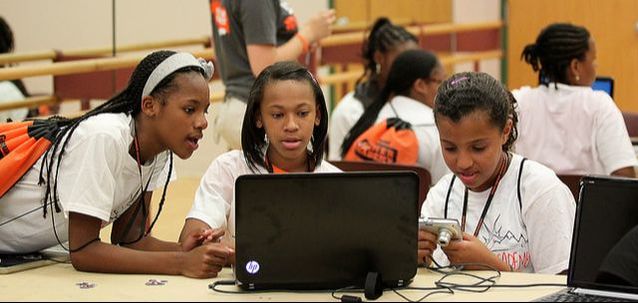
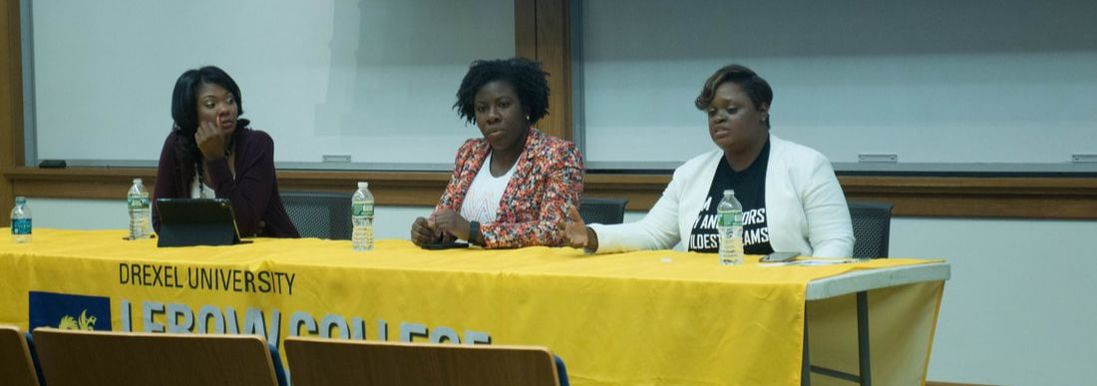
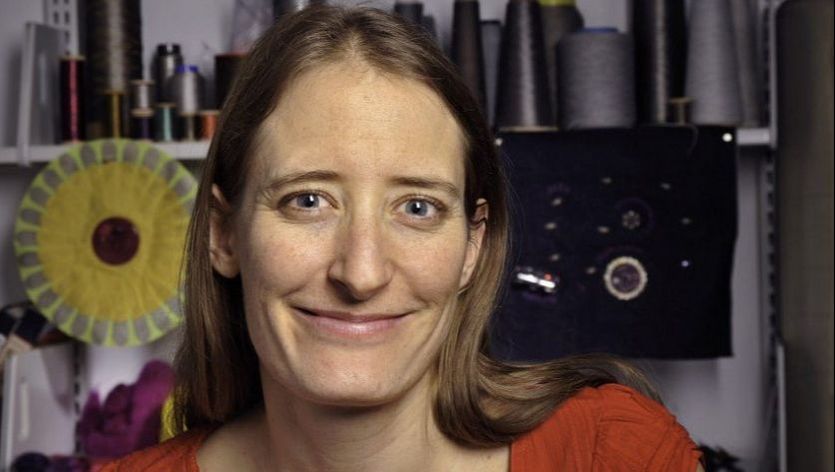
 RSS Feed
RSS Feed
